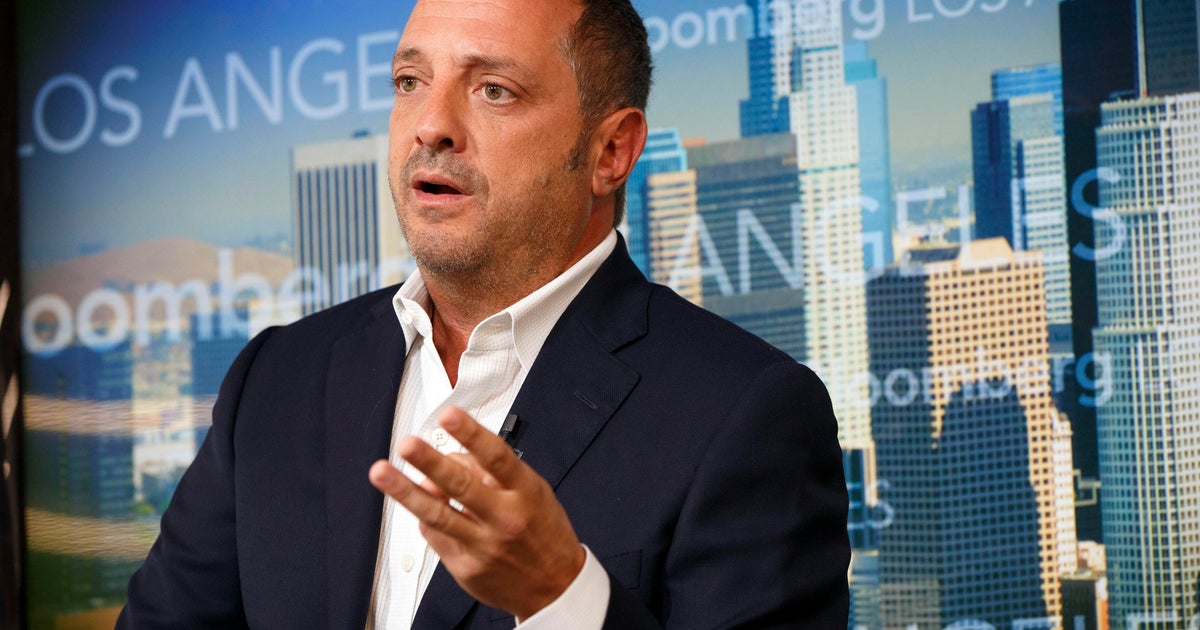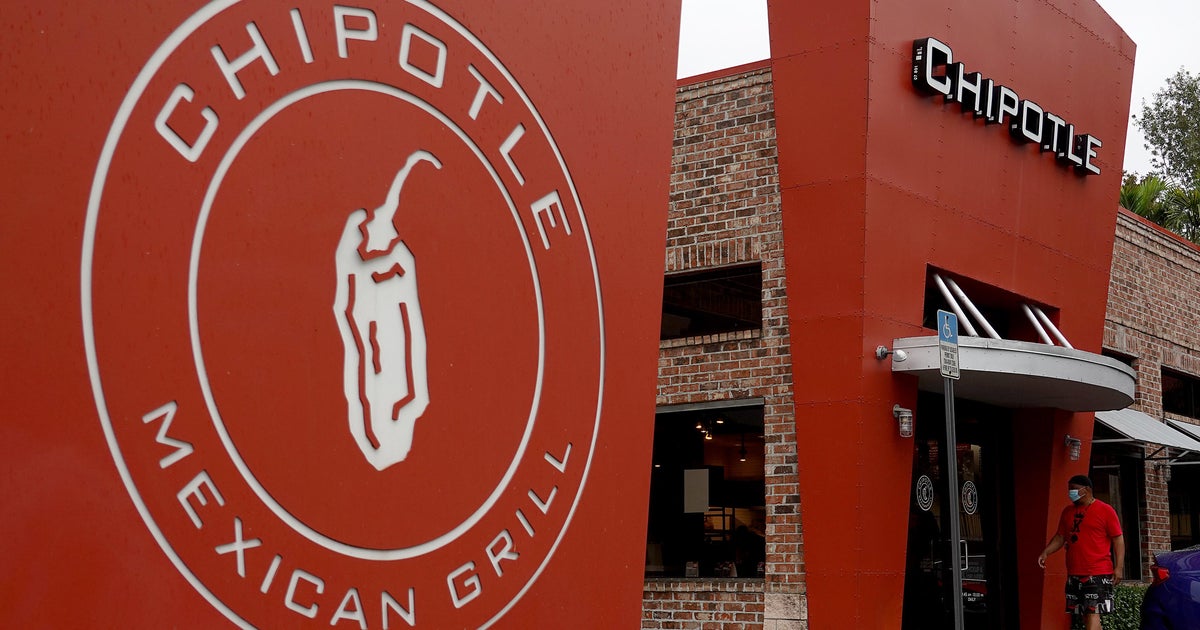Toyota's lending unit stuck drivers with extra costs and "knowingly tarnished" their credit reports
The auto lending arm of Japanese automaker Toyota illegally added insurance products on car loans, then purposely made removing those policies difficult for thousands of borrowers, a federal consumer watchdog agency said Monday.
The Consumer Financial Protection Bureau (CFPB) also accused Toyota Motor Credit Corporation of taking too long to issue refunds for those insurance lines once customers cancelled them. As a result, Toyota has agreed to pay a $60 million fine, $48 million of which will go directly to customers.
Employees at Toyota dealerships often tacked on guaranteed asset protection and credit life and accidental health insurance policies, which added between $700 and $2,500 extra to each auto loan, CFPB officials said. Employees lied about those insurance products being mandatory or rushed borrowers through the paperwork, the agency said. That allowed Toyota to tack on higher finance charges to car loans, the agency said.
"Thousands of consumers complained to Toyota Motor Credit that dealers had lied about whether these products were mandatory, included them on contracts without the borrowers' knowledge, or rushed through paperwork to hide buried terms," the CFPB said. "Nevertheless, Toyota Motor Credit devised a scheme to retain the revenue from these products by making it extremely cumbersome to cancel, and then failed to provide proper refunds for consumers who succeeded in cancelling."
Customer made to run "obstacle courses"
Toyota Motor Credit "made borrowers run through obstacle courses to cancel unwanted services, and tarnished their credit reports," CFPB Director Rohit Chopra said in a statement Monday.
Customers who wanted to remove those policies were told to call a special hotline, where representatives were instructed to persuade borrowers not to cancel them, the CFPB said. Hotline representatives would only cancel the products after a customer had asked three times, while also requiring them to submit cancellation requests in writing, according to regulators.
The CFPB didn't disclose how long Toyota had engaged in the practices, but said that more than 118,000 customer calls were funneled to the hotline between 2016 and 2021. Some customers who canceled the insurance policies and requested a refund were not given the correct amount back, CFPB officials said.
The CFPB also said Toyota submitted false information to credit reporting agencies, reporting that some customers were behind on their leased car payments even though they had already returned the vehicle. Toyota didn't make an effort to correct the information once errors were spotted, the agency added.
Consumer advocacy groups applauded the CFPB for bringing attention to Toyota's practices.
"Toyota Motor Credit kept customers trapped by paying for products they didn't want and delayed providing refunds to those who managed to jump through hoops to escape," Mike Litt, consumer campaign director for U.S. Public Interest Research Group, told CBS MoneyWatch. "This is exactly what the CFPB was set up to rescue consumers from."
Toyota "actively made consumers' lives worse" and made them pay what amounted to junk fees, said Erin Witte, consumer protection director at the Consumer Federation of America.
"Auto is the largest source of non-mortgage consumer debt in the country, and the CFPB's case is a painful reminder of exactly why we need regulators to pay close attention to what is happening in this marketplace," Witte told CBS MoneyWatch.
Toyota's alleged practices violated the Consumer Financial Protection Act and the Fair Credit Reporting Act, CFPB officials said.
"Given the growing burdens of auto loan payments on Americans, we will continue to pursue large auto lenders that cheat their customers," Chopra said.
More Americans falling behind on car payments
Toyota said Monday it agreed to terms with the CFPB without admitting to any wrongdoing.
"In most instances, [Toyota Motor Credit] has already addressed the areas of concern cited by the bureau," the company said in a statement to CBS MoneyWatch. "We will continue to enhance our practices to deliver the best possible customer experiences."
Toyota's fine comes as more Americans are struggling to keep up with car payments. Recent data from Fitch Ratings found that 6.1% of subprime borrowers were delinquent, or at least 60 days past due, on their auto loan as of September — the highest share recorded by the credit rating agency since it first started tracking the figure in 1994.
All told, Americans carried a total of $20 billion in auto loan debt in the second quarter this year, according to the most recent data from the Federal Reserve Bank of New York.



